We’ve all heard the rumor that “Happy Birthday to You” is the property of Warner Bros. and anyone who sings it technically owes the media conglomerate money. This, the rumor goes, is why some restaurant chains have opted to sing other birthday-related songs or created their own songs to sing when bringing out candle-laden cakes. While that may have been true more than a decade ago, it is no longer the case.
Videos by American Songwriter
Warner/Chappell Music owned the rights to “Happy Birthday to You” since 1988. Then, in 2013, a documentary filmmaker challenged the claim in court, according to IP Watchdog. He cited a songbook from 1922, which contained the song. Copyright law states that any work produced before 1923 is in the public domain. After a lengthy legal battle and trial, a judge ruled that Warner/Chappell’s claim to the song was invalid on September 22, 2015. As a result, “Happy Birthday to You” is in the public domain. Unfortunately, this ruling came after Warner/Chappell was able to collect more than $54,000,000 in licensing fees.
The Origin of “Happy Birthday to You”
According to Time magazine, the story of “Happy Birthday to You” began in 1893 with a pair of sisters in Louisville, Kentucky. Mildred Hill wrote the melody, and her sister, Patty Smith Hill, put words to it. However, the song wasn’t originally used to celebrate birthdays. Instead, Hill, a kindergarten teacher, used the song in her classroom. The original lyrics were “Good morning, dear children / Good morning to all.”
Soon, the song spread to classrooms across Kentucky and, later, into the rest of the United States. Soon, people started changing the lyrics to the simple tune. Then, in the mid-1930s, Irving Berlin’s musical revue, As Thousands Cheer, opened on Broadway. The show contained a comedy sketch that uses the familiar “Happy Birthday to You” lyrics. This sparked a lawsuit.
After settling the lawsuit in 1935, the Hill sisters officially registered the song’s copyright. However, its use in As Thousands Cheer popularized it for use in birthday parties, which made that copyright incredibly difficult to enforce.
The Birch Tree Group sold the copyright to Warner/Chappell Music in 1988. At the time, it was scheduled to go into the public domain in 2010. However, new copyright laws would stop the song from entering the public domain until at least 2030.
Featured Image by JGI/Jamie Grill via Getty Images

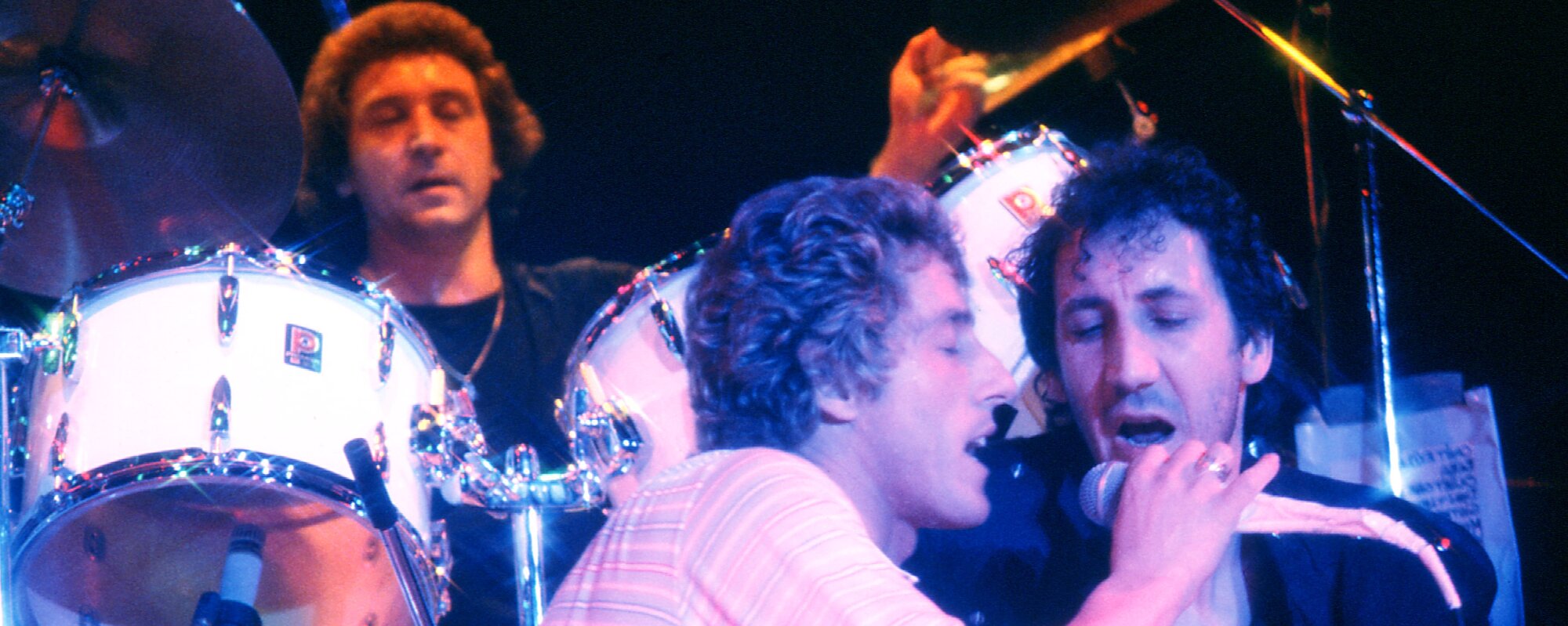
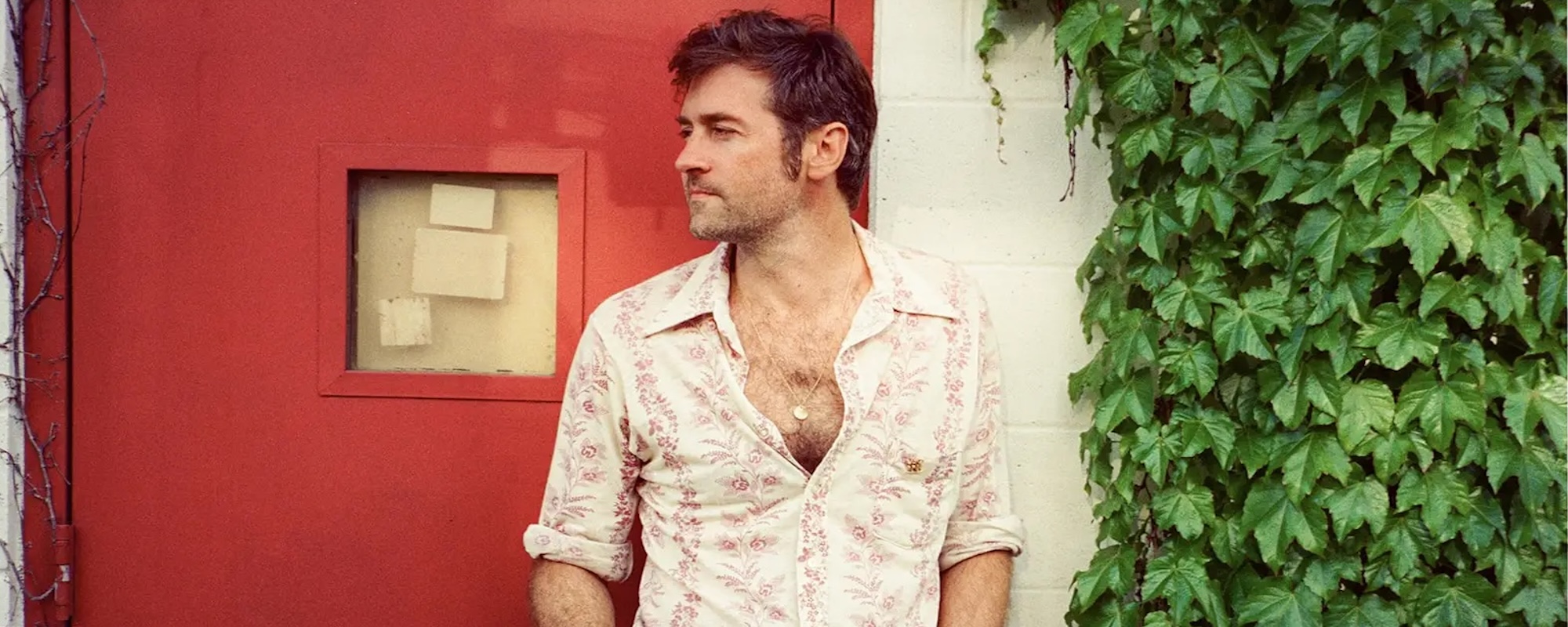
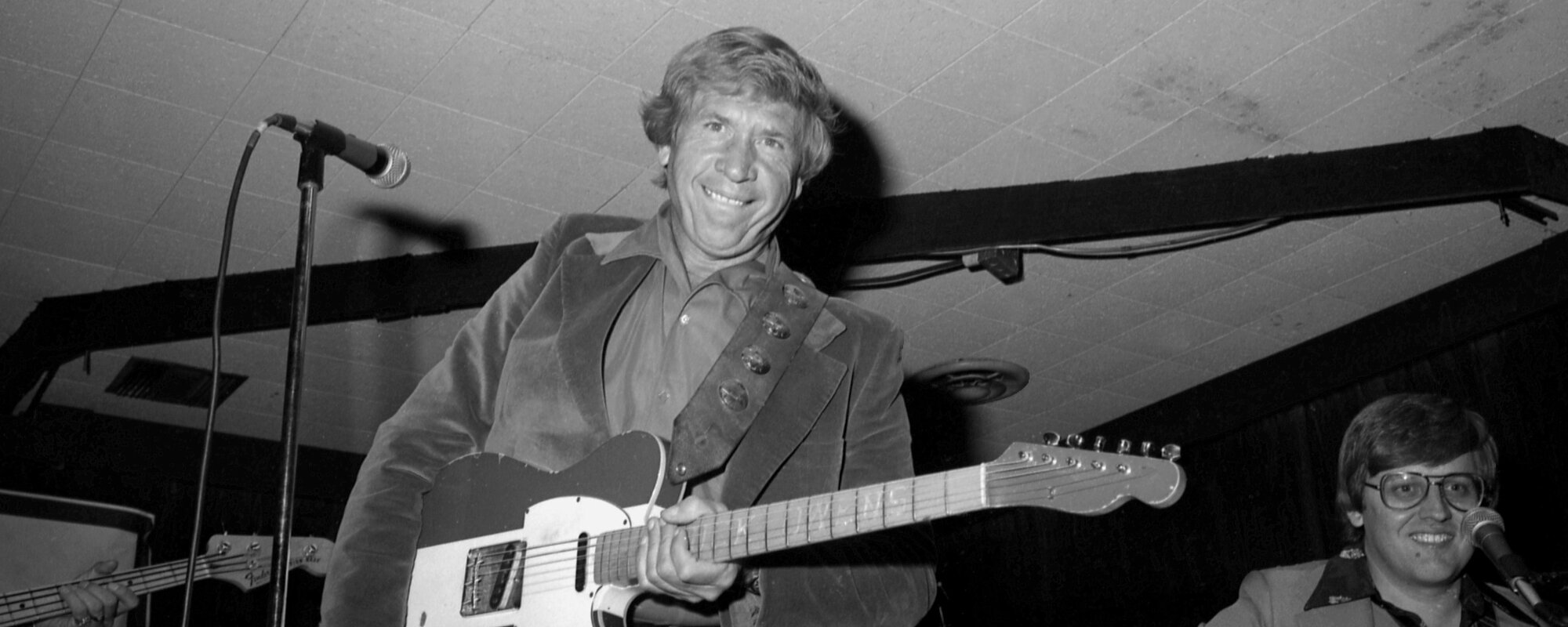

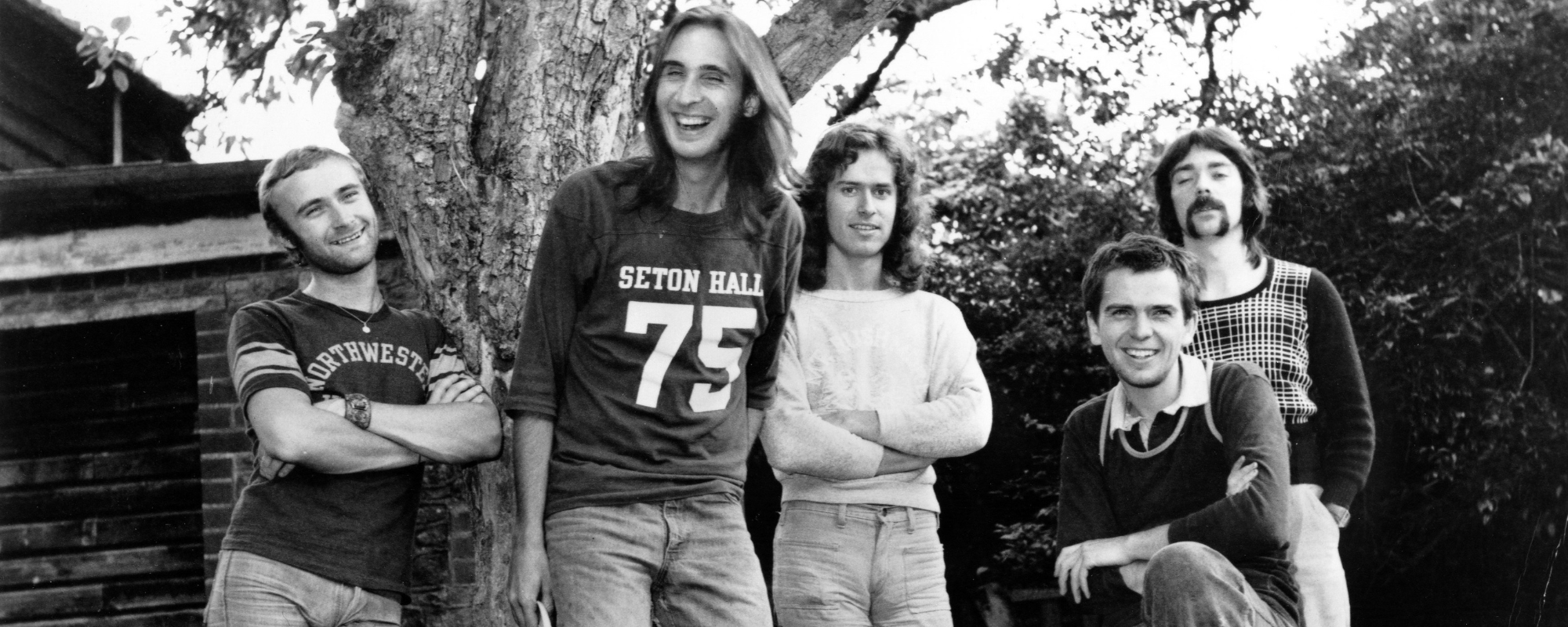
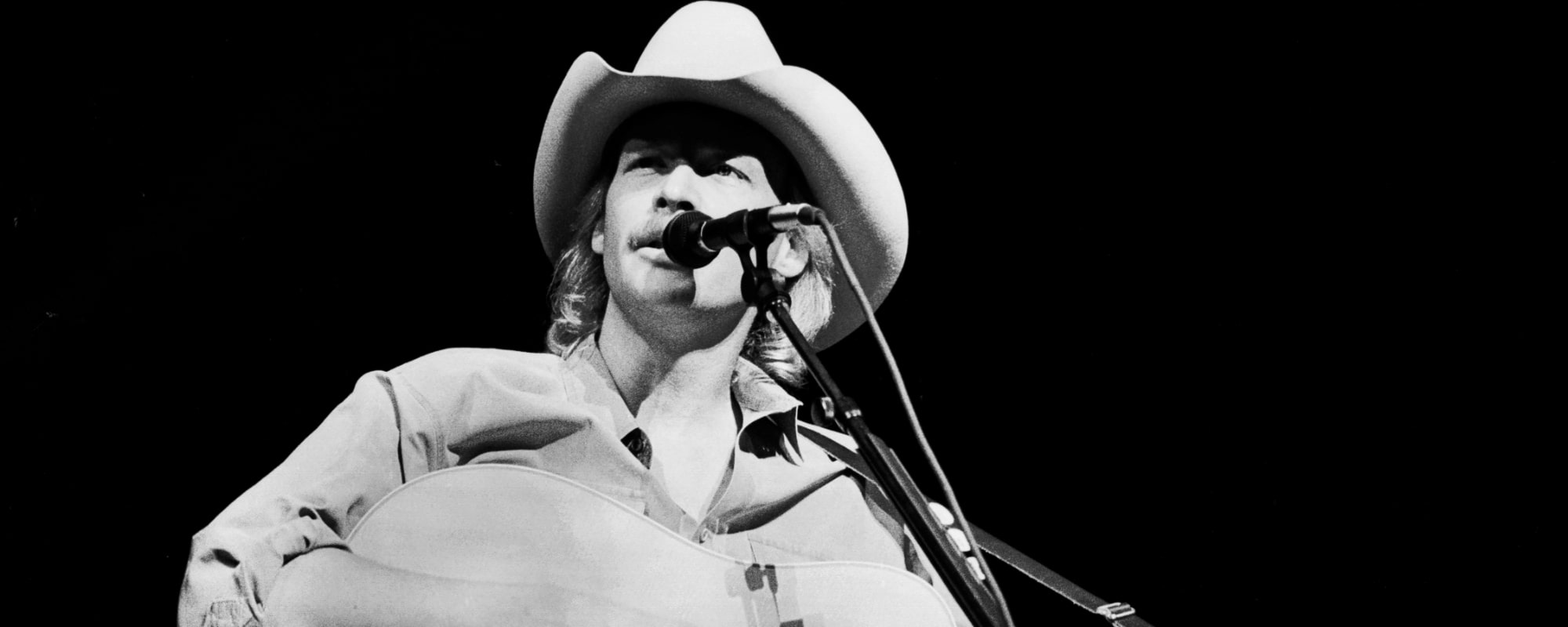

Leave a Reply
Only members can comment. Become a member. Already a member? Log in.